This feels like an important part of the conversation to spend some time on and i would love to hear your response to this.
You may have seen the article by Princeton student, Tal Fortgang, titled ‘Checking my Privilege: Character as the Basis of Privilege’ that has been doing the rounds this week in which Tal [as an 18 year old, good to remember and hold in context] begins by explaining what his problem with the idea of ‘white privilege’ is:
I do not accuse those who “check” me and my perspective of overt racism, although the phrase, which assumes that simply because I belong to a certain ethnic group I should be judged collectively with it, toes that line. But I do condemn them for diminishing everything I have personally accomplished, all the hard work I have done in my life, and for ascribing all the fruit I reap not to the seeds I sow but to some invisible patron saint of white maleness who places it out for me before I even arrive. Furthermore, I condemn them for casting the equal protection clause, indeed the very idea of a meritocracy, as a myth, and for declaring that we are all governed by invisible forces (some would call them “stigmas” or “societal norms”), that our nation runs on racist and sexist conspiracies. Forget “you didn’t build that;” check your privilege and realize that nothing you have accomplished is real.
He then dives into a history of his grandparents fleeing when the Nazis invaded Poland and gives an account of various reasons why he doesn’t see that his heritage was one of privelege but rather worked for and passed down success and achievement.
My response in the comments section was this:
What an interesting piece, cos as much as i think the opposite to a large extent, i find myself nodding and agreeing and being left in a bit of a quandary – how can i agree with both sides of an opposing argument. Coming from South Africa [at the moment living in Americaland] i have been able to identify quite strongly with the ideas of white privilege, knowing that for years it was a legal system that raised one group way above another and that even though i was not responsible for putting that in place, i certainly live with benefits as a result – hopefully there will be a day when that is not true but that day is not now…
i have been recently blogging on all sorts of issues of race mostly inviting friends to share stories and opinions from different perspectives and it has felt really helpful – these are happening over here:
Taboo Topics: Conversations on Race
The piece that resonated the most from Tal’s piece above is this: “Behind every success, large or small, there is a story, and it isn’t always told by sex or skin color. My appearance certainly doesn’t tell the whole story, and to assume that it does and that I should apologize for it is insulting. While I haven’t done everything for myself up to this point in my life, someone sacrificed themselves so that I can lead a better life. But that is a legacy I am proud of.”
And i think that is definitely something we can hold on to. Yes there are generalisations and there is a reason why they exist and a lot of truth lies behind them. But not all truth. Each individual carries their own personal story and journey which is why perhaps the biggest part of moving forward in terms of racial unity and reconciliation is beginning with the stories of people and really taking time to listen to where they have come from and where they are going…
Maybe it is a case of “both…and”, rather than “either…or…”
But then i took a read of this piece by Daniel Gastfriend, titled, ‘Reflections on Privilege: An Open Letter to Tal Fortgang’, who while also having gone to Princeton, and sharing a similiar history in terms of his family experience to Tal, arrived at some different and more bigger-picture helpful-feeling conclusions:
One could take a number of different perspectives on how our family histories relate to the notion of privilege. Yours is understandable: Your ancestors fought relentlessly, and against all odds, to build a new life for your family. This is a legacy to be celebrated, and you should not feel guilty for their resilience or success.
But I find another angle more compelling. I grew up with a set of privileges of which my grandfather could only have dreamed. The injustices he faced — and the senseless lottery of birth that condemned him to such suffering — make me inclined to seek out inequality and injustice in whatever forms they take. Included among these are many of the structures that the phrase “check your privilege” means to challenge. While I agree this expression should not be used to silence anyone’s opinion, I believe it can make us more cognizant of the privilege that comes with our social position, how that privilege shapes our perspective, and the manifold obstacles that burden so many others which we never need face. Yes, it is possible to achieve prosperity in the face of such inequalities and worse, as our grandparents so remarkably did. This does not mean we should tolerate them.
and a little later:
What your piece misses is a recognition that, despite the successes of families like our own, harmful structural inequalities persist on the basis of class, race, sex, sexual orientation, and gender identity in the U.S.
Daniel finishes off with a strong hopeful and challenging conclusion that includes the following:
Like you, I strive to carry on the spirit of my grandparents’ hard work. But I also know I have unfairly benefited from a society that favors affluent, white, heterosexual men. While this privilege is not the entire story of why I am where I am today, it does exist, as do the damaging inequalities that continue to fuel it. My family’s painful history does not nullify these injustices; on the contrary, it highlights the imperative to expose and erase them.
The first step to address injustice is to acknowledge the way it manifests in the world. I am privileged — in part due to the opportunities my grandparents provided me, but also in part due to my social position in American society. And in honor of my grandparents’ legacy, I refuse to be content with a society where equality of opportunity is still not extended to all, and where racism, sexism, and prejudice continue to exist — in any form.
It really is worth your time to read both of these articles in full before commenting and clearly they are both only parts of a much bigger story which we are hoping to understand a little more so we can know how better to love and learn from each other.
In fact, here is a third one, by a black women classmate of Tal’s at Princeton, Briana Payton, titled ‘Dear Privileged-at-Princeton. You. Are. Privileged. And Meritocracy is a myth.’ which is all sorts of good so go read it as well. She finishes with a moment of regarding her own privilege, which helps prove that she gets it a little more than Tal:
Even as a black woman, whose race and sex has posed unique and difficult challenges, I have done a privilege check. I am privileged to come from an upper middle class family, to belong to the religious majority and to have both my parents in the home. I acknowledge this because it allows me to empathize more with others and remain humble and grateful. Fortgang can do the same, and I highly recommend that he does. If he takes the time to really check his privilege, people will be able to tell, and maybe he won’t be instructed to do so again.
# i believe it will take an attitude of self-reflection in terms of questions like ‘Where am i guilty of racism/prejudice/stereotype?’ ‘How have i benefited from the systems around me?’ ‘What can i do/what do i need to change to help bridge the gap?’ as opposed to anything that looks like defensiveness, blame or self-preservation.
# i believe that one of the hugest parts of moving forwards in this is starting to hear stories and build relationships with people – as with most issues, the moment people we love are involved we tend to start taking them a little more seriously and being more prepared to wrestle and possibly even sacrifice or move towards
# at all times in this conversation we must hold tightly on to the fact that treating someone else badly because we were treated badly is not going to be the best solution – the question we should be asking is, ‘How do we build this new thing together well in a way that benefits us all?’
# we should try doing this around more meals – food brings us all together in ways that words sometimes can not… food and drink and laughter and stories…

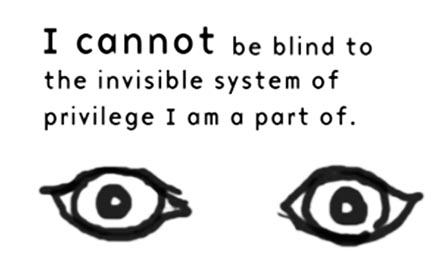
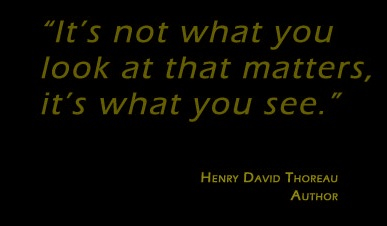
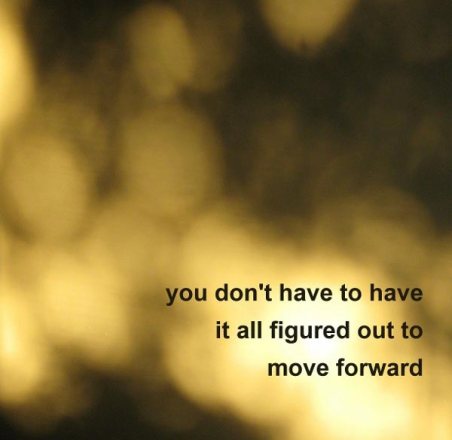
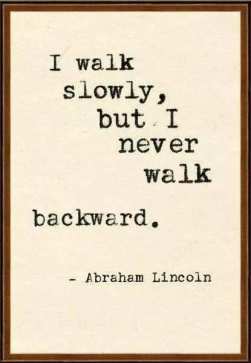
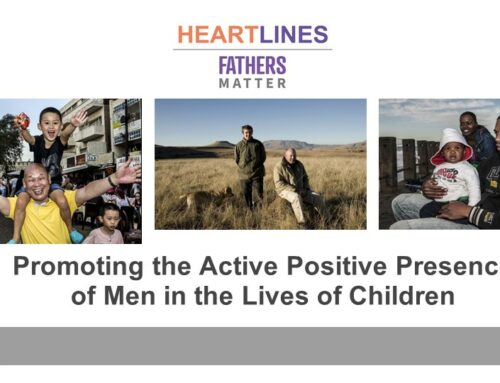


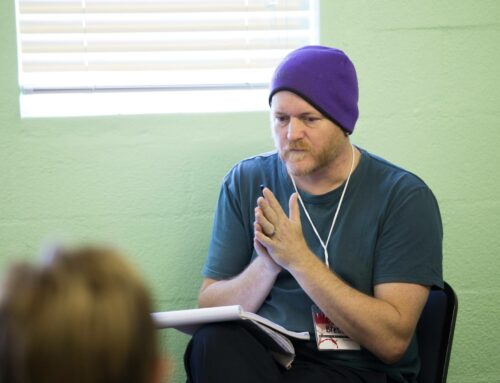

[…] I will not apologise for my white privilege – a compilation of some of the thoughts being expressed out of Princeton this week […]
(speaing as a European here)
I still find the idea of ‘white’ as a homogenous identity quite weird.
Europe has a history in which white people from a lot of different cultures and languages have been oppressing and fighting and excluding and … each other for thousands of years. I don’t think the Polish have ever had any supremacy in this, their greatest moment of glory in recentbhistory might have been that John Paul II was one of them… So a family of recent immigrants from Poland might still have the ‘we are not a special people’ idea from their homeland with them, no matter what the ‘white Americans’ do think their identity is. Recent immigrants are always still tied to their former culture, and we have more different cultures among ‘white people’ here in Europe than you can count, most of which are quite different not only from each other each other, but also from Americans of any color.. .
Also to compare situations, Polish people, although white catholic like us; are with other East-Europeans certainly part of the group of immigrants that has a big chance to get discriminated here in Flanders, Belgium. Having a weird East-European name and speaking another language gives you as much ‘non-privilege’ as having another skin color.
Actually, coming in as a poor immigrant that does not speak the language will always give you almost no privilege at all…
[…] look at the same concept from very different sides that i shared a little about in my post titled, ‘I will not apologise for my white privilege’ a while […]
[…] look at the same concept from very different sides that I shared a little about in my post titled, ‘I will not apologise for my white privilege’ a while […]